IRD has been present in West and Central Africa since 1946, and works in all its areas of scientific competence, via multiple partnerships. Nine representatives currently work there.
This region faces major issues, in connection with endemic poverty, serious health challenges, the degradation of natural resources and climate change, as well as growing insecurity problems. Nevertheless, the economic outlook and scientific dynamics in the area are positive.
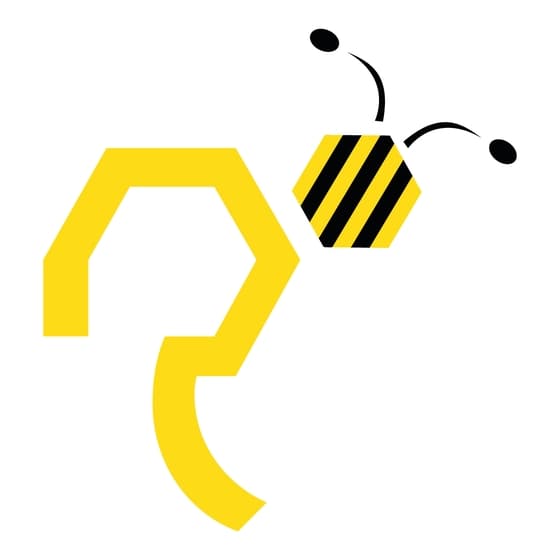
La Ruche (The Hive) is a shared space, where public and private players work for the inclusion of young people in the economic fabric of the country. The founding members of La Ruche are the Institut Français, France Volontaire, Canal France International and IRD.
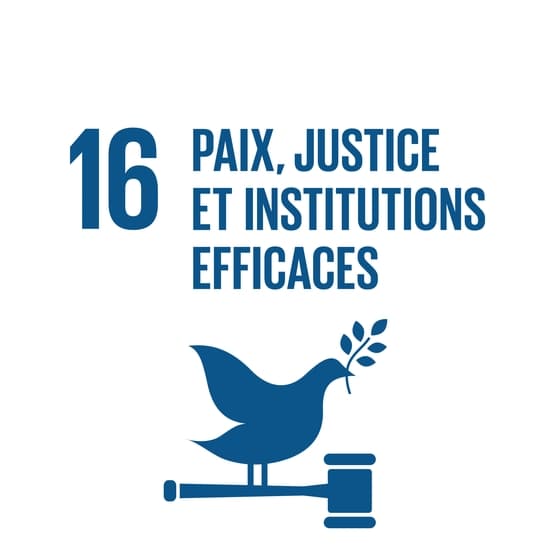
This training programme, delivered in Mali, allowed participants to improve their general understanding of governance, peace and security. It led to the writing of a policy brief primarily mobilising data from GPS surveys and potentially other administrative sources, and contributed to training for educators.
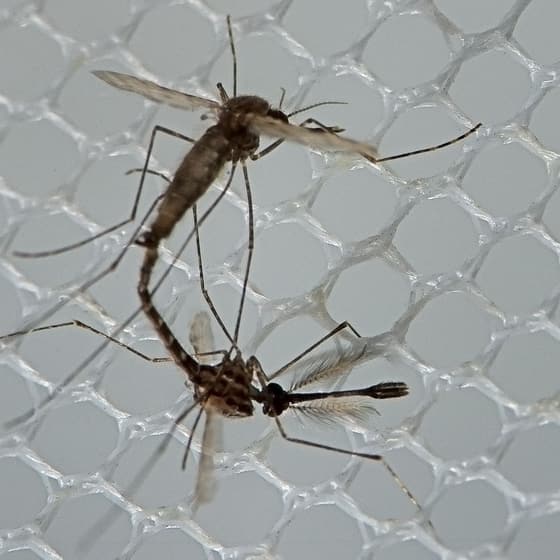
From 15 to 20 April 2018, Dakar hosted this prestigious conference, which had 3000 participants from all continents. Prof. Jean-Paul Moatti gave a plenary conference titled “Sustainable development goals and the economy of malaria”.
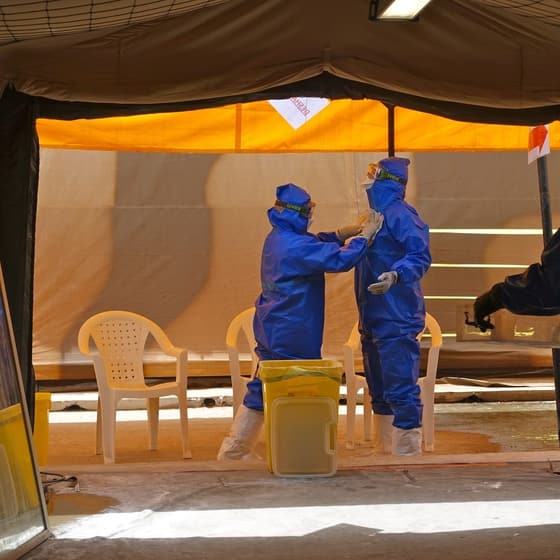
In 2018, the DRC suffered two Ebola virus epidemics. The PreVIHMI ICL deployed extensive efforts. For the first time, molecular identification could be carried out in record time at the national biomedical research institute (INRB), revealing the Zaire strain of the Ebola virus: the only strain for which vaccines are available. Consequently, vaccination campaigns began a few days after the epidemics were officially declared.
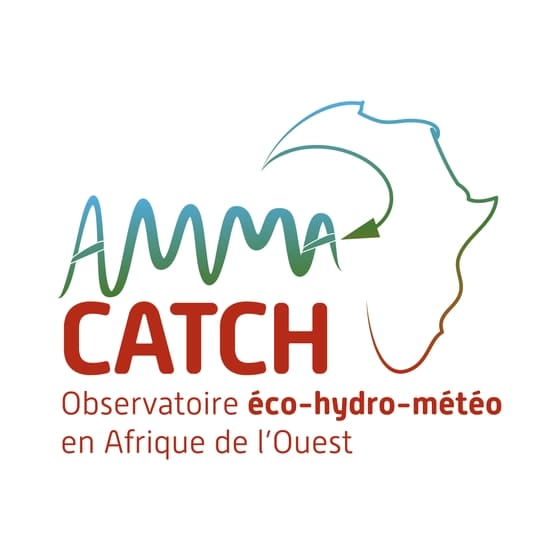
From 12 to 14 November 2018, Niger welcomed the 30 year conference of the AMMA-Catch hydro-meteorological observatory on West Africa. Thanks to 30 years of continuous observations, IRD and its partners at AMMA-Catch have data for identifying monsoon variability and its evolution in a context of global warming.
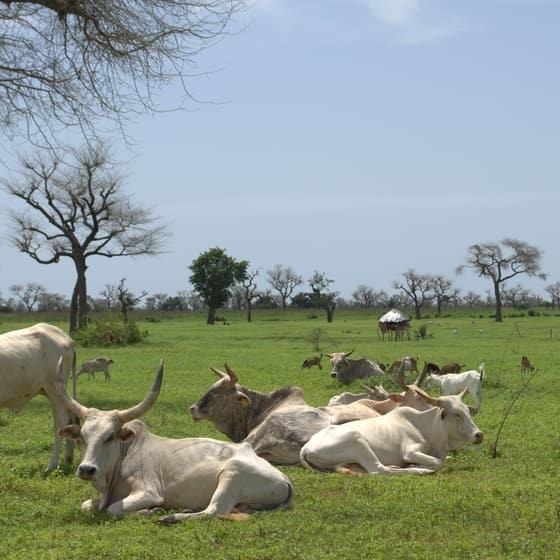
The preservation of resources and the improvement of agroecosystem resilience are part of national and regional development policies for the Sahel zone. Led by IRD and its partners, SFR RACINES aims to support the creation and operation of a benchmark centre for the production of knowledge for development (research, training and innovation), on the themes of climate, environments, resources and usage.
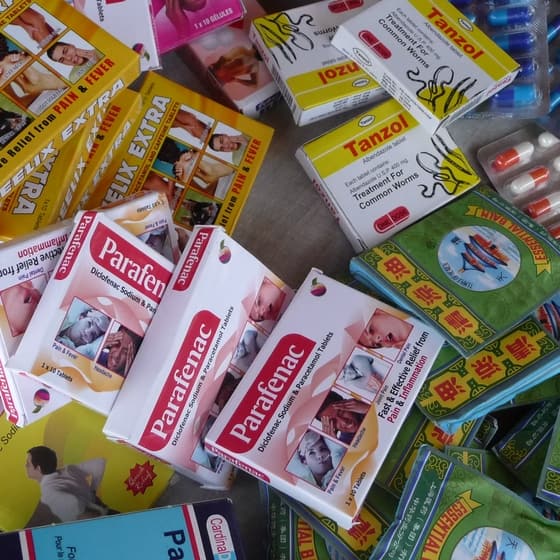
This international symposium was held at the Regional Institute for Public Health (IRSP, Ouidah), as part of the Globalmed research programme funded by the ERC (2014-19).
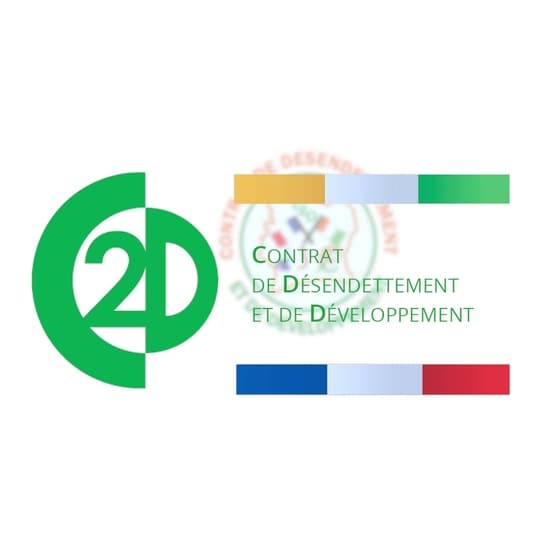
Four years after the launch of the “research” component of the Debt Reduction and Development Contract (C2D), IRD held a feedback seminar in June 2018, on the activities of 10 research projects aiming to strengthen capacities for research, training and innovation in this country, focusing on the priorities of health and technologies.
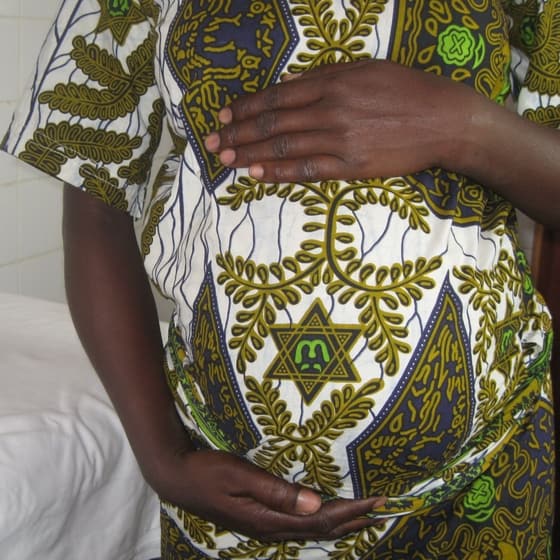
The results of the Premip project led by the MERIT interdisciplinary research unit and the University of Ghana, and funded by Expertise France, were presented on 24 May 2018 at the Maamobi Hospital in Accra, in the presence of the French Ambassador, the Greater Accra Regional Minister, representatives of the First Lady (whose foundation works to combat malaria), the Ministry of Health and Accra Town Council. The project showed good implementation of the WHO recommendations concerning Intermittent Preventive Treatment (IPT).
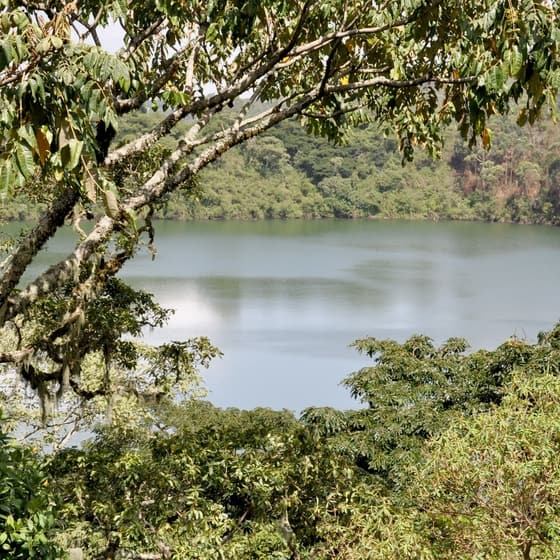
The DYCOFAC ICL (Dynamics of the Continental Ecosystems of Central Africa in a Context of Global Change) was launched in January 2018, in partnership with the University of Yaoundé 1 and the Institute of Geological and Mining Research. The work focuses on the connections between climate evolutions and the occupation of land, through the dynamics of plant cover and biogeochemical cycles.

